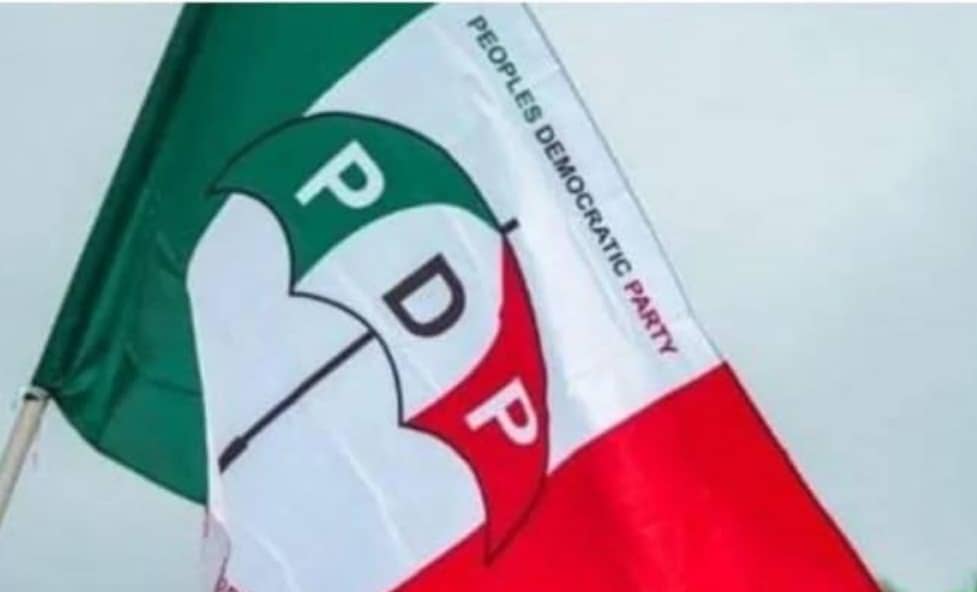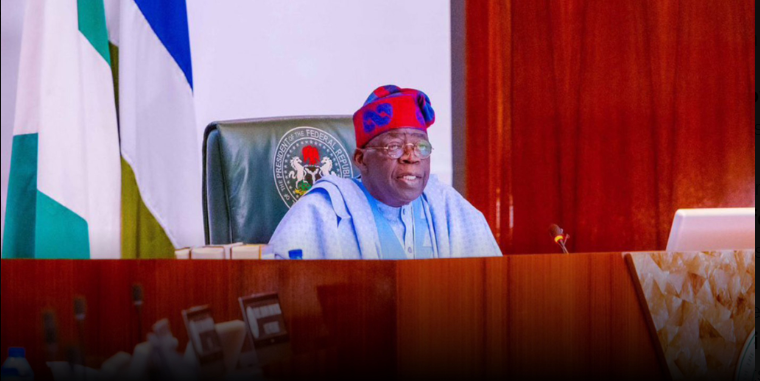The Department of Government Efficiency, a US federal initiative aimed at reducing costs and increasing efficiency, has been dissolved. The decision comes seven months earlier than scheduled, following the departure of its de facto leader, Elon Musk, in May. According to Reuters, the Office of Personnel Management (OPM) director, Scott Kupor, confirmed the demise of the department, stating that it “doesn’t exist” and is no longer a centralized agency.
The OPM has taken over many of the department’s functions, as per documents obtained by Reuters. The US federal government’s human resources agency and personnel policy manager will now oversee the responsibilities previously handled by the Department of Government Efficiency. Kupor acknowledged the department’s principles, such as deregulation, eliminating fraud and waste, and reshaping the federal workforce, will continue to be implemented by the relevant agencies.
The Department of Government Efficiency was launched during President Donald Trump’s second term, with the goal of cutting costs and increasing efficiency. However, the initiative was marred by controversy, with approximately 280,000 federal workers laid off by April. The department’s actions led to chaos in multiple government agencies, with some shut down or dismantled entirely. Despite the upheaval, the promised benefits failed to materialize, with the department’s actual savings reportedly a fraction of the initial estimate of $2 trillion.
The department’s activity stalled after Musk’s departure in May, following a public falling out with Trump. The organization’s staff, comprising recent college graduates and Musk loyalists, was left without unifying direction. The Department of Government Efficiency was initially scheduled to conclude its work on July 4 next year, but its dissolution marks the end of a tumultuous period in US federal government history.
The demise of the department raises questions about the effectiveness of such initiatives in achieving their intended goals. The US government will likely face challenges in implementing the principles of the Department of Government Efficiency, particularly in the areas of deregulation and workforce reshaping. As the OPM takes over the department’s responsibilities, it remains to be seen how the agency will balance the need for efficiency with the need to maintain effective governance.



